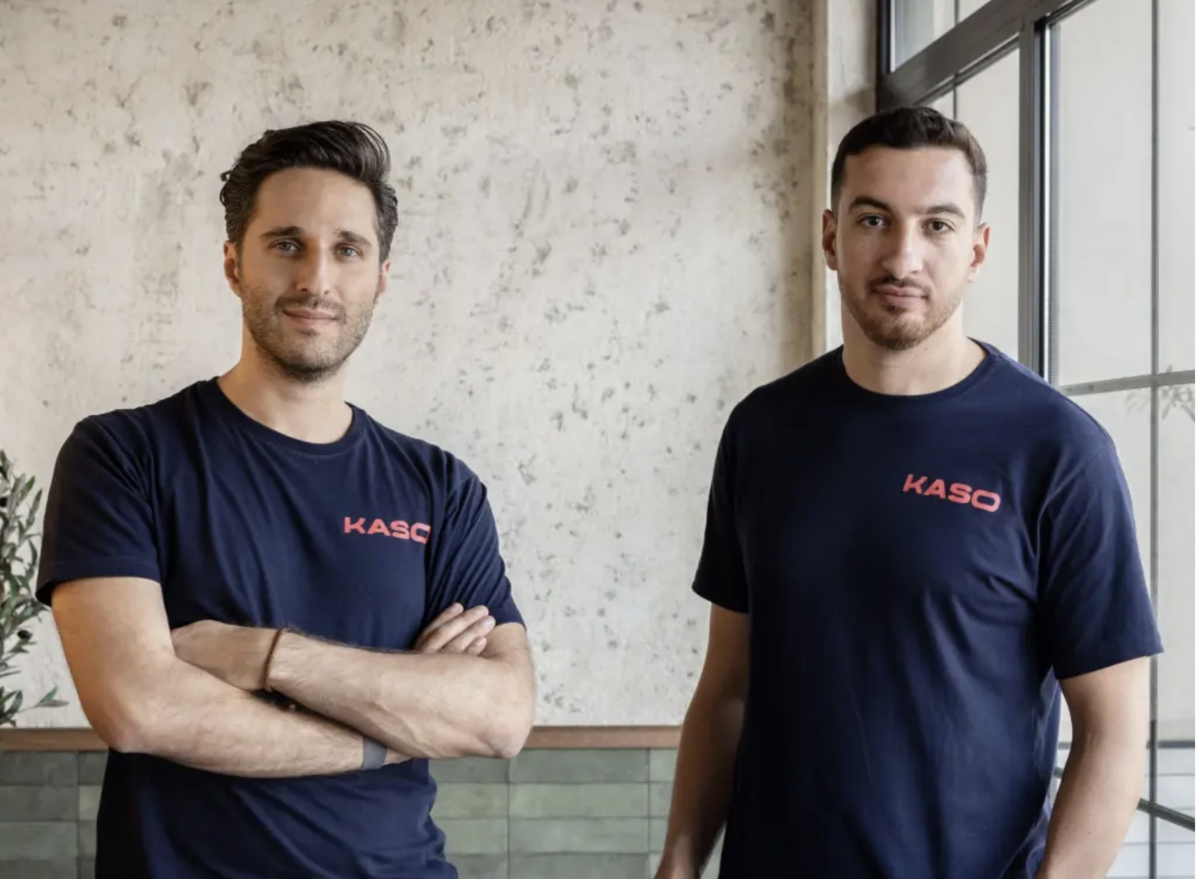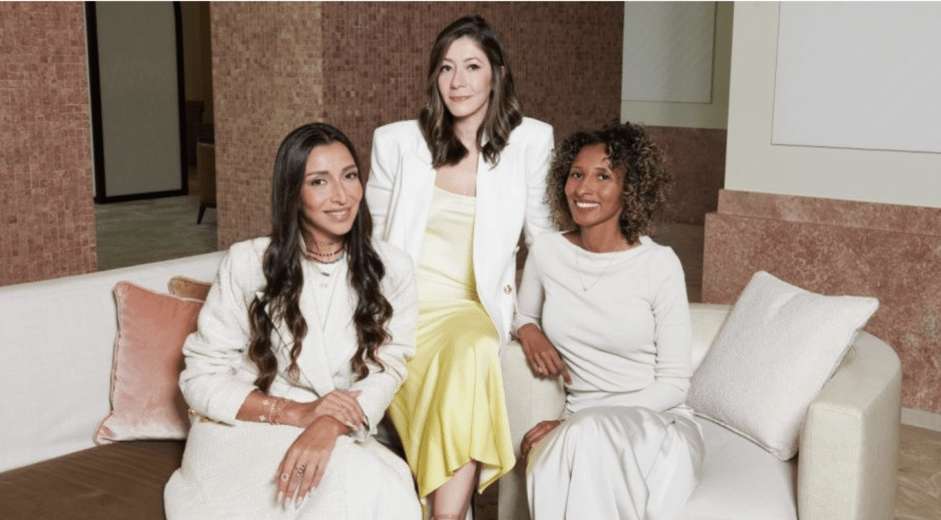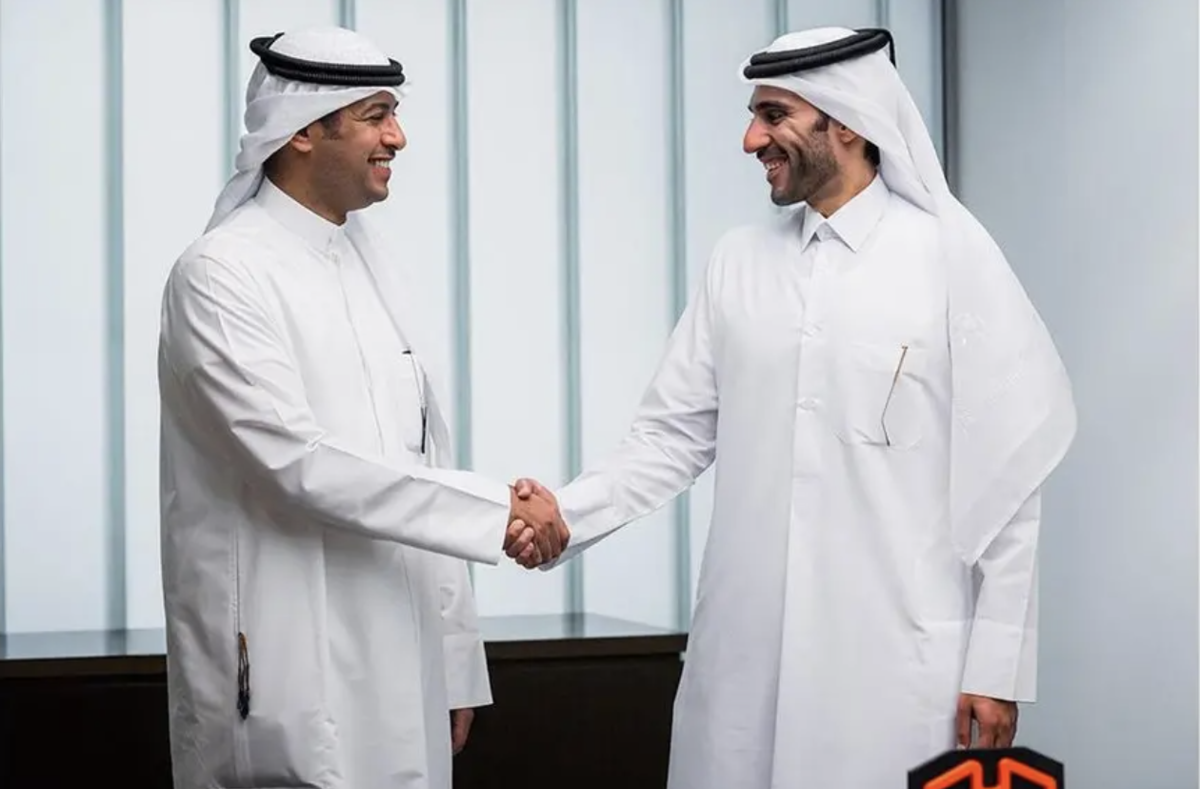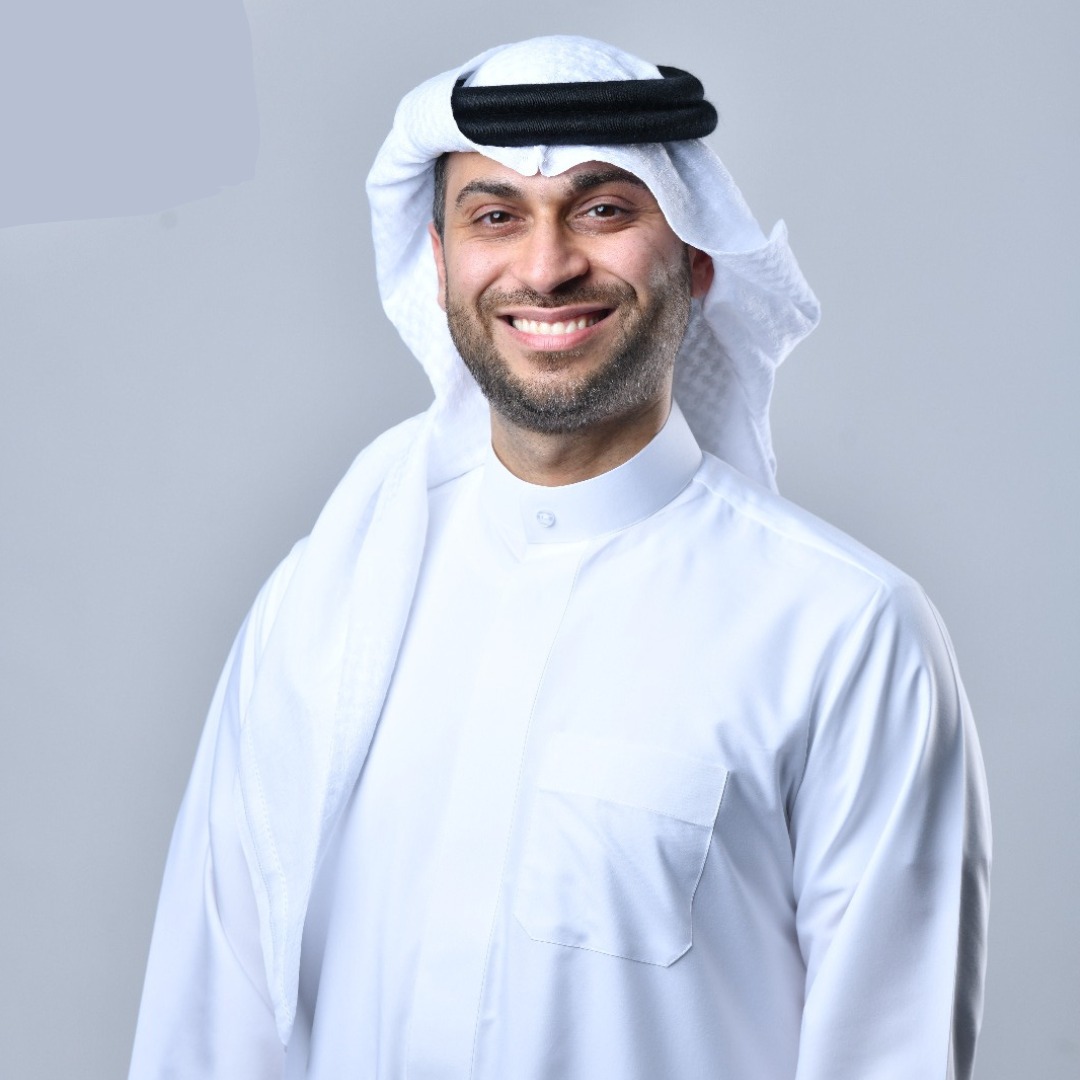RIYADH: As the Saudi government makes substantial investments in healthcare infrastructure, there is a notable increase in the demand for pharmaceuticals in the country.
According to Statista, a German online platform that specializes in data gathering and visualization, the pharmaceuticals market in the Kingdom is anticipated to achieve a revenue of $5.53 billion by 2024.
While significantly lower than the global leader the US – poised to generate $630.3 billion in revenue in 2024 – Saudi Arabia is set to see a compound annual growth rate of 4.62 percent, resulting in a market volume of $6.93 billion by 2029.
A key factor in fueling this increase is the increasing localization of the pharmaceutical industry – a strategy which plays into the Kingdom’s economic diversification strategy Vision 2030.
“While we will have to ascertain the quantified impact of localization on the pharmaceutical industry in Saudi Arabia, we definitely expect it to increase access, reduce cost and make the local pharmaceutical industry more resilient and innovative,” Partha Basumatary, principal in Oliver Wyman’s India, Middle East and Africa Healthcare and Life Sciences Practice told Arab News.
“Localization initiatives have laid the foundation for the Kingdom to become a regional hub of manufacturing for biotech products for the entire Middle East region,” Basumatary added, noting that the Kingdom’s focus on localization for NCD drugs, particularly those targeting type-2 diabetes, is a strong start.
“To truly maximize its impact, however, the Kingdom needs to expand these initiatives beyond NCDs and encompass other critical areas like cancer, infectious diseases, and auto-immune disorders,” Basumatary said.
According to Matthew Lawrence, director of Pharma and Life Sciences, Operations Transformation Lead at PwC Middle East, the Kingdom’s access to, cost of, and standard of healthcare services have all significantly improved thanks to Saudi Arabia’s transformation of the industry.
As a result of these current localization actions, the pharmaceutical industry in Saudi Arabia will continue to see significant change towards accessibility, quality, and economic impact, Lawrence disclosed.
In terms of accessibility, he told Arab News: “Local production ensures a sustainable economy, reducing reliance on imports, therefore, a stable supply of medications, and faster response time during health crises.”
As for quality, he explained that the Saudi Food and Drug Authority ensures that locally manufactured pharmaceuticals meet high quality standards, which leads to improved healthcare services.
With regard to economic impact, Lawrence noted that the industry’s growth has spurred job creation and attracted investments, aiding in economic diversification.
“According to the Kingdom’s National Biotechnology Strategy, there will be 11,000 job opportunities by 2030, and contribute $34.6 billion to the non-oil GDP, by 2040 - potentially positioning Saudi Arabia as one of the leading global hubs for pharmaceutical manufacturing, research, and innovation,” he said.
“This is a clear testament to the major impact Vision 2030 has created in order to improve the healthcare sector across the Kingdom,” the PwC partner added.
Key steps taken by Saudi Arabia to localize the pharmaceutical industry
In keeping with the Kingdom’s Vision 2030 drive, Saudi Arabia has taken important steps to incentivize local manufacturing.
“First and foremost, it (Saudi Arabia) has offered various incentives to the pharma companies to drive localization, including lower minimum capital requirement, tax incentives, customs duties exemptions etc,” Basumatary said.
“It has also taken steps to improve regulatory approvals for drugs in the country with the introduction of abridged verification and registration processes,” he added, before going on to explain how the Kingdom has also developed a framework to favor locally manufactured products for tenders.
The Oliver Wyman principal highlighted successful examples of localization, such as Boehringer Ingelheim’s partnership with Alpha Pharma for localization of a Type-2 diabetes product in Saudi Arabia.
“Other notable examples include MSD’s partnership with Jamjoom Pharma to localize another Type-2 diabetes drug sitagliptin phosphate. Such initiatives will help the industry to become more resilient when it comes to future outbreaks such as COVID-19,” Basumatary said, adding: “It would also sow the seeds for future innovation and growth of the domestic pharma industry, including potentially giving a positive push to the Kingdom’s aspirations of becoming a regional biotech hub.”
Government support
As expected, the Saudi government plays a pivotal role in accelerating the localisation of the pharmaceutical industry and is already investing in driving strategic programs to advance the healthcare system:
From Oliver Wyman’s perspective, Basumatary said: “As observed in other geographies, Singapore government’s stable policy framework, favorable incentives, and access to knowledge/talent motivated BionTech to establish a state-of-the-art mRNA manufacturing facility in the country.”
The principal further noted that the pharmaceutical industry expects enhanced market accessibility, support for localization, and strong IP protection when it comes to making localization decisions.
“Saudi Arabia’s involvement and support has delivered an impact as we have seen from the recent pharma localization initiatives. It will, however, be critical to continue innovating on that front, as the competition for such localization initiatives continues to increase globally and regionally,” he underlined.
PwC Middle East’s Lawrence revealed that some of the notable government efforts include favorable policies like tax incentives and labor laws to incentivize research and development as well as manufacturing.
They also entail enabling regulatory frameworks to drive life science sector growth, with measures around strong intellectual property laws, patent protection, mutual recognition agreements to facilitate market access, and competition laws.
Other initiatives include not-for-profit funding, such as targeted grants, to incentivize research, as well as public financing such as subsidies or incentives to enable long-term growth of the healthcare ecosystem.
“The government's ongoing commitment to localization is a clear long-term strategic plan, building on Vision 2030. The alignment of government policies with Vision 2030 goals underscores their influence in driving the progress of pharmaceutical localization across the Kingdom,” Lawrence said.
“These policies and initiatives will not only attract future investment but also foster innovation, build local capabilities, and ultimately contribute to the sustainable growth of the healthcare sector,” he added.
Looking to the future
In recent years, Saudi Arabia has intensified its focus on life sciences and has made substantial advancements to align with the objectives of Vision 2030.
This has involved endeavors to enhance the overall health and well-being of individuals, promote economic expansion and diversity, reinforce the Kingdom's global leadership in the sector, stimulate innovation, and enhance patient outcomes and quality of life.
According to Lawrence, one of the key initiatives contributing to the advancements of the life science industry is national biotechnology strategy.
“This helps to develop end-to-end vaccine manufacturing, establish biotechnology platform for biologics and biosimilars, and expands genomics programs for preventative medicine,” Lawrence told Arab News.
The PwC partner also shed light on the Healthcare Sector Transformation Program, explaining that it is responsible for strategizing the Kingdom’s resilient supply chain through different initiatives that help in enabling the localization of the pharmaceutical industry.
Other key players include the Local Content and Government Procurement Authority, which works on enhancing awareness and participation in local content and provides knowledge-based policies and tools, as well as the National Industrial Development and Logistics Program which focuses on expanding the pharmaceutical manufacturing sector.
It also includes incentives for local and international companies to establish production facilities in Saudi Arabia.
The Saudi Food Drug Administration is also playing a pivotal role as it enhances regulatory frameworks to help speed up the approval process for new drugs and encourage innovation in local pharmaceutical production.
Pharmaceuticals and Vision 2030
The strategic initiatives of the pharmaceutical industry are closely aligned with the Kingdom’s Vision 2030 goals, echoing ambitions in economic diversification, job creation, and innovation, as well as technology transfer and self-sufficiency.
“Life science sector expansion is expected to create thousands of jobs, helping to reduce unemployment rates among Saudis, particularly in high-skilled areas. Encouraging partnerships and collaboration leads to technology transfer and innovation,” Lawrence said.
With regards to self-sufficiency, the PwC partner noted that localizing pharmaceutical production ensures a stable supply of essential medicines and reduces the health sector's vulnerability to global supply chain disruptions.
“These initiatives are aligned with Vision 2030 goals as they contribute to the Kingdom’s economic growth, job creation and localization initiatives for Saudi nationals, as well as the enhancement of healthcare services across the country,” he said.
“By localizing the pharmaceutical industry and expanding these initiatives, Saudi Arabia can further improve healthcare accessibility, reduce healthcare costs, and ensure sustainability in the healthcare demands of its growing population,” Lawrence said.
































